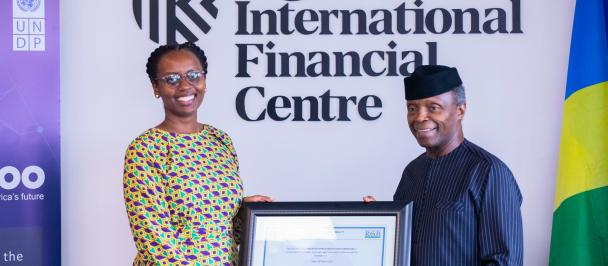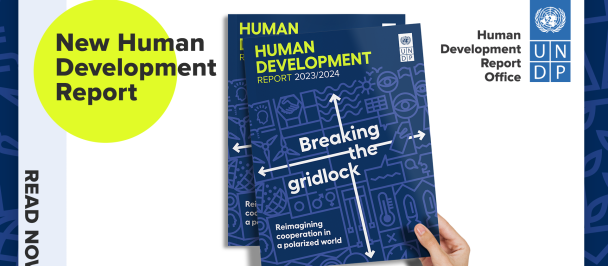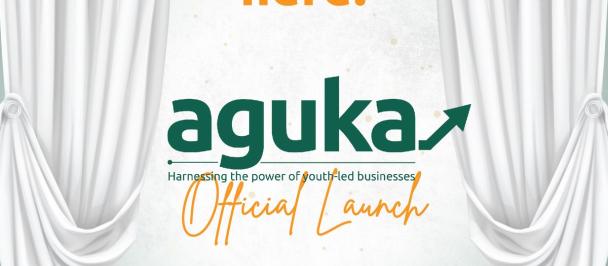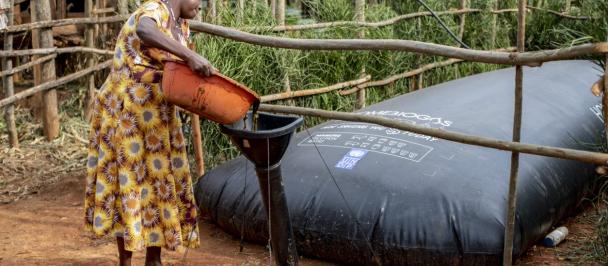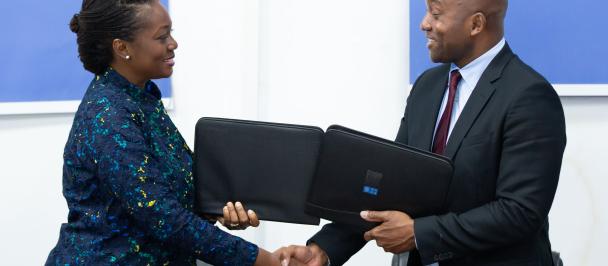UNDP works to mainstream gender equality through empowerment of young women
August 3, 2022

Gender, as an aspect that is increasingly being mainstreamed, has surely taken centre stage with the United Nations Development Programme of empowering and supporting ex-combatants with emphasis on teen mothers and young women.
As the world grapples with effects of the Covid-19 pandemic, young girls on the other hand struggle with challenges of their own.
The organisation’s focus is to have programs that respond more effectively to the needs of women and girls in the reintegration processes of ex-combatants and their dependents.
It is said that the pandemic worsens challenges faced by girls, where its subsequent trials position young girls in a much harder position, disrupting their education, making them prone to trials such as gender based violence among others.
As a result, UNDP through Rwanda Demobilisation and Reintegration Commission (RDRC) developed strategies to respond at an institutional level. Both organisations have worked to strengthen their capacities to respond to victims of sexual gender based violence, human trafficking and forced marriages.
In 2020 and 2021 Ex-FDLR combatants and dependents repatriated to Rwanda from the Democratic Republic of Congo (DRC) in November 2018 have been supported to integrate in the civil life. The project design was informed by the vulnerability screening and rapid livelihood assessment of beneficiaries and their dependents to analyse their respective livelihoods situation and identify their needs in order to tailor interventions adequately.
As a result of this vulnerability screening exercise, funds and other forms of support have been extended to young girls and have been able to dream again, regardless of the challenges posed by the pandemic.
Take Dancille Dushimirimana, a resident of Bugesera, Nyamata for example. Along with her parents, including an ex-combatant father, they came back to Rwanda four years ago.
Though reintegration into society wasn’t easy, their hardest moments came last year when the pandemic hit.
Without a proper job, they had to hustle in order to get what to eat. “Life then was hard, we had to survive; find what to eat and again look for rent, and it was hard to get that money. Before the pandemic, I would look for small construction jobs where I could earn some little money, but after COVID-19 came, these too had to stop because of lockdown,” the 21-year-old recalls.
But through support from RDRC, her life and that of her parents made a turn for the better.
“Through their funds, I was able to learn tailoring, they gave me a machine, and with that I started earning an income. As a young girl, this step helped me a lot in terms of empowerment.”
Dushimirimana was able to start her business and also secured a tailoring job with a sewing workshop in her home area.
She hopes to develop her skills more in order to earn more money. She also dreams of starting her own workshop where she will teach and empower other young women.
“I thank RDRC, UNDP and other partners for their support. It has helped us a lot and transformed our lives,” she says.

Dancille Dushimirimana.
UNDP’s support for marginalised groups
Since the outbreak of COVID-19 in early 2020, UNDP Rwanda has supported the national response to contain the spread of the virus as well as support the national plan to recover from negative effects of the crisis and build back better.
With that, it has been the organisation’s priority to support and empower marginalised groups such as women, young girls, teen mothers, and people with disability, in order for them to have the capacity to mitigate the challenges of COVID-19.
UNDP Rwanda managed to mobilize resources from various partners to support the GoR to contain the spread of COVID 19 as well as its impact on socio-economic development sectors. Among these partners, the Government of Japan through the Japanese Supplementary Budget (JSB) support has leveraged UNDP response addressing the socio-economic impacts of COVID-19. With these funds, the “project to support Ex-FDLR combatants and dependents repatriated to Rwanda from the Democratic Republic of Congo (DRC) in November 2018” got additional financial resources that helped beneficiaries to cope with the impacts of COVID19 Pandemic.
Alexis Ndayisaba, an official from UNDP says the project has improved gender responsiveness by not only targeting women who are usually limited among ex-combatants, but has also extended the same package to dependents of ex-combatants, of which the great majority are female spouses.
This is unique as previous initiatives only included spouses and children as indirect beneficiaries. As a result, the needs of women and girls are continuing to be in focus to ensure their equal participation in and benefit from the project activities, he explains.
For example, TVET centres were supported to adapt their facilities to be more gender sensitive and to promote the participation of mothers. As part of this, the centres have been equipped with various materials (including milk, food, pads, diapers and other related materials) and facilities that allow mothers to breastfeed their babies during the day at schools.
“It is envisioned that this will lead to a higher participation of mothers and a decrease in dropout rates. The project design was informed by the vulnerability screening and rapid livelihood assessment of beneficiaries and their dependents to analyse their respective livelihoods situation and identify their needs in order to tailor interventions adequately.”

 Locations
Locations